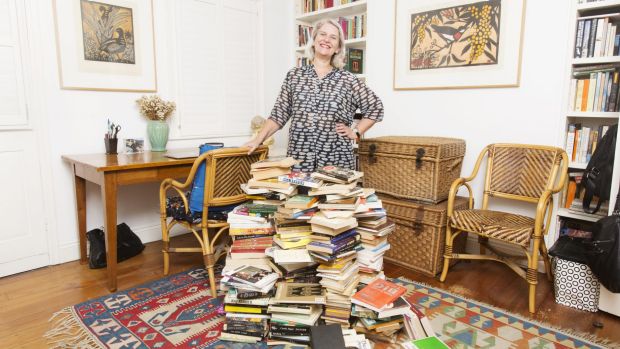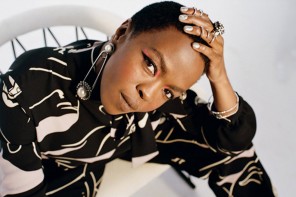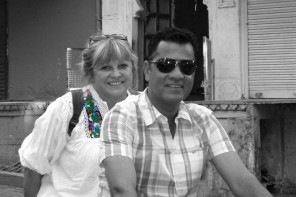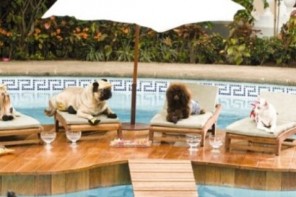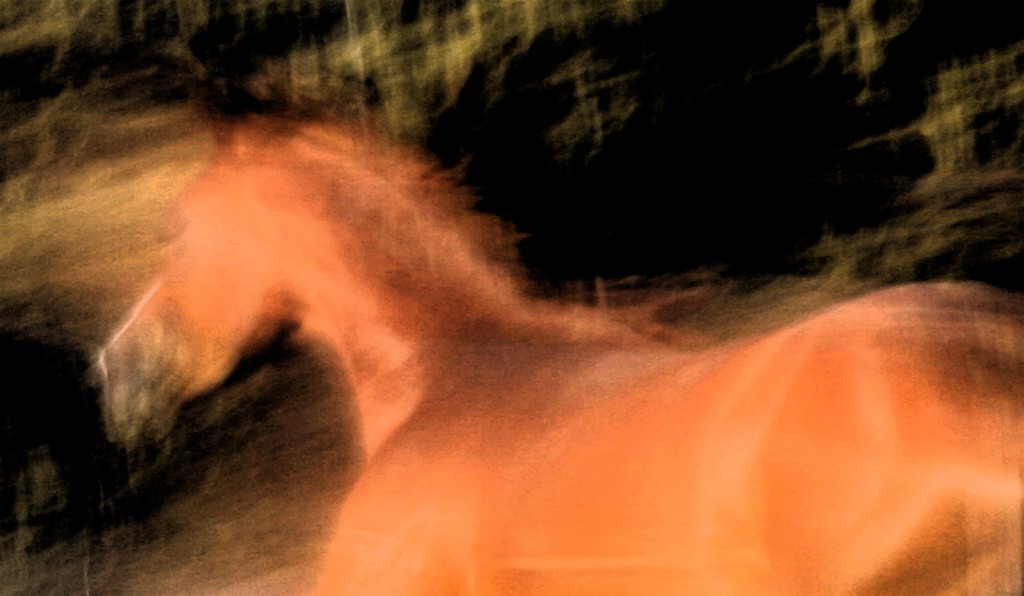For the first time in 20 years Susan Wyndham will be attending this year’s Byron Bay Writers’ Festival not as a literary editor or reporter but as an individual, writes Candida Baker.
“I’ve been to almost every one since the second festival, and I’ve always been thrilled to be part of it – it almost feels like home,” Susan Wyndham, the recently retired literary editor of the Sydney Morning Herald tells me on the morning she’s getting ready to fly from her home in Sydney up to Byron Bay. Like many other participants of the early festivals one of her most vivid memories is how cold the old resort used to be – so much so that for the first festival Helen Garner went out and bought hot water bottles for the writers!
“The other thing I remember about the old days was how dark it used to be trying to get around the site at night,” she recalls. “In fact I actually remember one year trying to find my cabin and triumphantly thinking I’d arrived, only to burst in on Hilary McPhee and Don Watson who looked very surprised.”
Twenty years on and much has changed, including the now palatial surroundings of the new resort Elements, to the amount of marquees and participants. But the ethos remains the same says Wyndham. “The great thing about the Byron Bay festival is that it was so grounded in the local environment – it was truly brilliant right from the start, and now that it’s grown to its rather grand size they’re still managing to keep the atmosphere, which can’t be an easy balance to find.”
Wyndham has high praise for the Byron Bay Writers’ Festival. “I love its informal atmosphere, the quality of the presenters – and of course when the sun shines, it has to be the best festival in Australia,” she says, “and it looks as if we are going to be lucky this year.”
At first glance it’s not difficult to spot that there is quite a high proportion of journalist/writers on the program – participants such as Jennifer Byrne, Matt Condon, Tony Jones, John Lyons and Susan herself, and although of course they have all written books I wonder if the demarcation between journalist and writer has softened somewhat over the decades.
“I think that what is interesting is that the world is giving us more and more extraordinary stories,” she says reflectively, “almost more extraordinary than fiction itself, so the reporting of those stories and the journalism around them have meant that the non-fiction element of festivals has become stronger and stronger, and I think that’s a great thing.”
One of the pluses too about coming to Byron, Wyndham says, is the feisty nature of the debate she’s seen there over the years. “I think because the Byron population is by its very nature so politicised it makes for great audience participation and lively discussion,” she says. “It’s been a politically aware festival right from the beginning and as environmental issues have gained so much importance in the public arena, the festival has been there as a place for public discussion.” She pauses. “Even if almost everybody is, shall we say, on the same side.”
For Wyndham there is a slightly bitter-sweet note to her attendance this year. Having watched several rounds of Fairfax redundancies, she finally made the decision to leave her position as Literary Editor of the Sydney Morning Herald earlier this year. “It was a very hard decision to leave the paper that’s been most of my life,” she says, “but I must say once I was out of the door I’ve never looked back. I thought it would be tough adjusting to life outside after 35 years of full time work, but I have to say I’ve adjusted very easily!”
Not that she’s without company at home – there is her husband, fellow journalist and writer Paul Sheehan, and there is Leo – a handsome black and white cat who has made himself quite a presence on Wyndham’s Facebook page, frequently for doing what cats do best of all – interrupting her work.
Ironically the couple were determined to stay an animal-free household, but Leo had other ideas. “We never wanted an animal,” she says. “Leo was living five doors down the road, and was perfectly happy but then the household he was in got two more cats, and I think he simply decided he wasn’t going to share. He worked his way up the street until he found us – two nice middle-aged people, with no cats, dogs, or children! We steadfastly refused to feed him, but he’d come in and sleep on the bed anyway, and eventually our neighbour decided he’d moved and brought all his stuff down to us.”
Leo is ‘helping’ Wyndham write the novel that she’s had in her mind for many years mostly by sitting on her keyboard at every opportunity. “Of course I always used the excuse that I was in full-time work,” she says, “and now I can’t do that, but I have to learn how to give my writing the space and time it needs. After so many decades of deadlines it’s wonderful to be able to sit and think and to allow ideas to develop.”
It’s easy to see that with Wyndham’s long-term literary connections and her writing and chairing ability why she is in high-demand at festivals, and as a contributor, but she worries about the broader picture of journalism. “I had a great career at the Herald and more briefly at the Australian,” she says, “and I was lucky to be part of that great era of journalism. But for a lot of my younger colleagues it’s been a terrible shock to the system to them to lose their jobs. I just live in hope that journalism will continue to reinvent itself.”
At the festival Wyndham is in two conversations – one with Brisbane-based writer Ashley Hay, whose third novel 100 Small Lessons has recently been published, and one with Jane Hutcheon, whose book China Baby Love chronicles the story of Linda McCarthy Shum, the Australian woman who has worked in China for the past 20 years helping improve conditions for orphans.
She is also launching a book of Thea Astley’s collected poems as a prelude to this year’s Thea Astley lecture which will be given by Peter Fitzsimons and is taking part in a panel organized by the Copyright Council – The book that changed me, with Barry Jones and Tracy Spicer.
Any last words before she goes to catch her plane? She pauses. “Yes,” she says. “I’ve checked out the weather reports and I’ve been very brave and left my gumboots behind.”
For more information on the Byron Bay Writers’ Festival go here: byronwritersfestival.com

